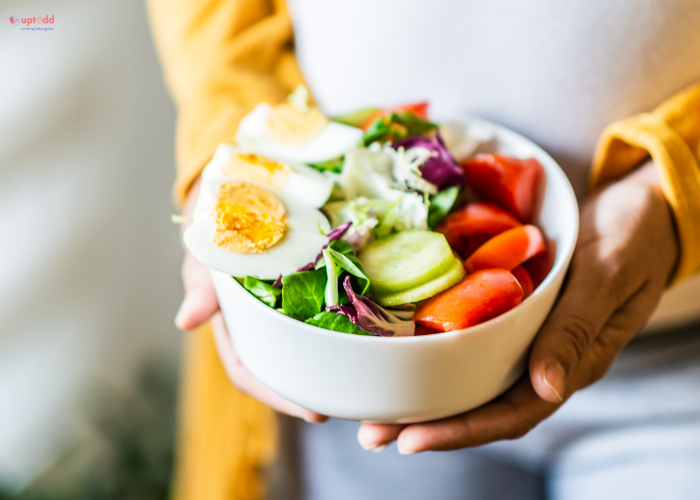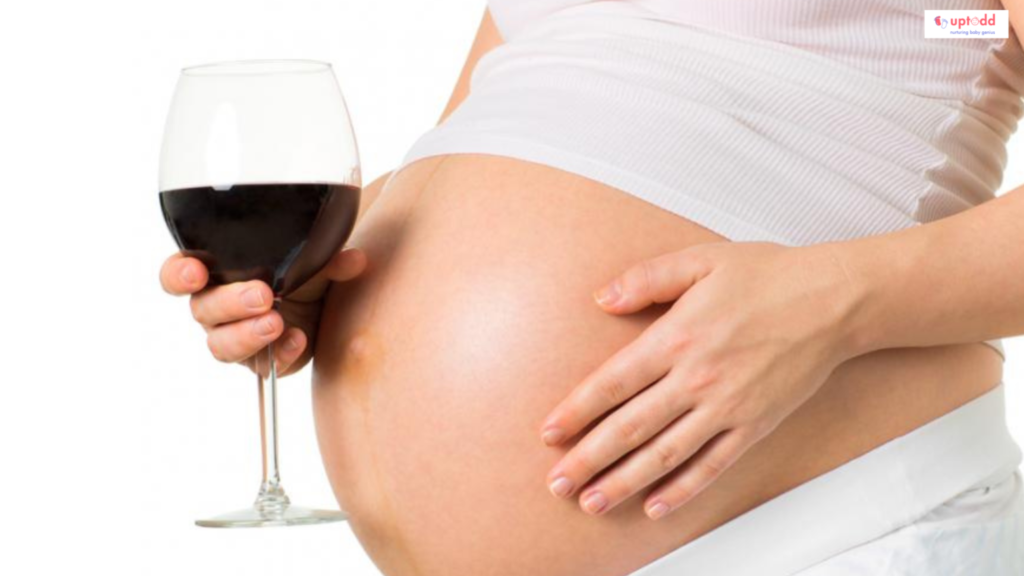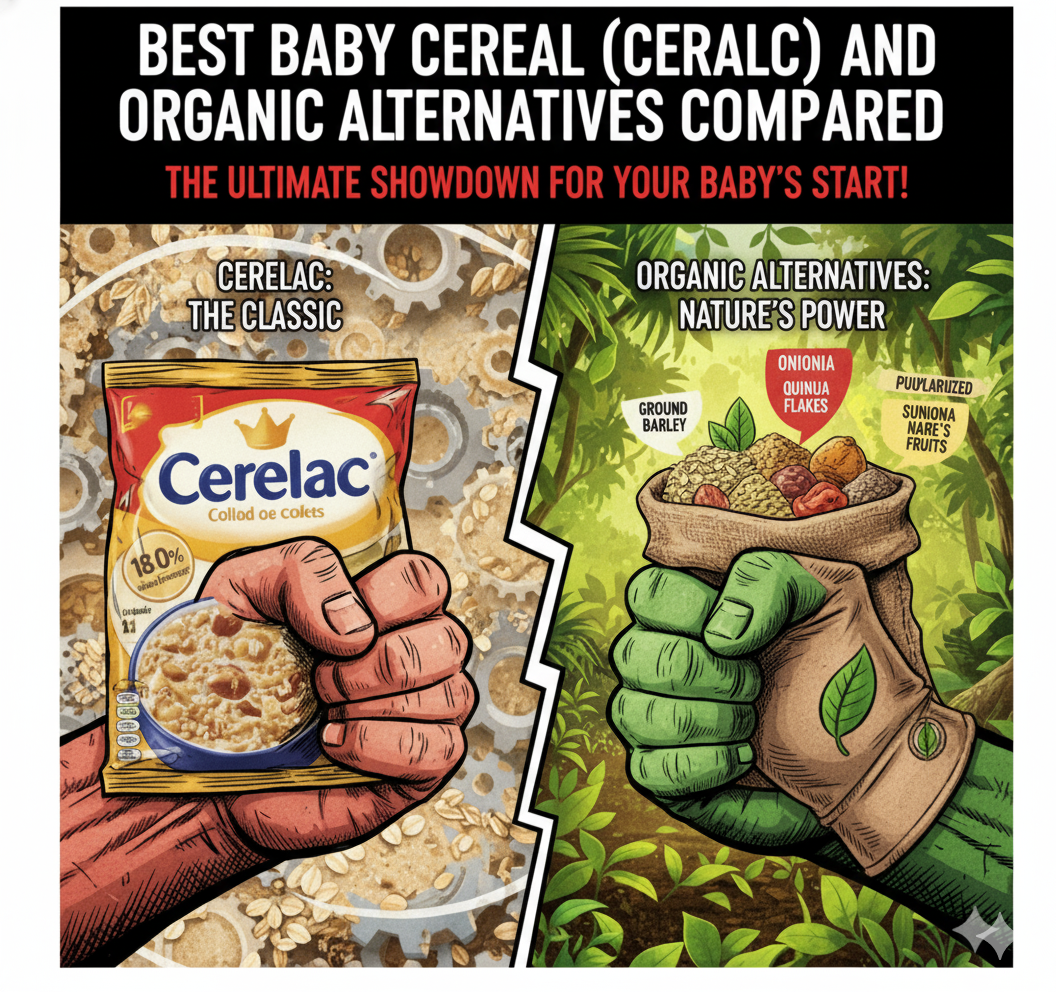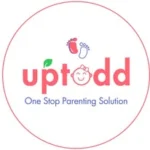
Healthy Pregnancy diet
Topic
Healthy Pregnancy diet
May start as early as
1st Trimester
─────────
May end around
3rd Trimester
Eating a well-balanced diet during pregnancy is essential for both the mother and the developing baby. A diet for pregnant women should incorporate food varieties that are rich in essential supplements like protein, iron, calcium, and folic acid. It is important to stay away from specific food varieties that can be hurtful to the baby, like raw or undercooked meat, fish and eggs, as well as unpasteurized dairy products. Pregnant women should also stay hydrated and take prenatal supplements as suggested by their Doctor. A healthy pregnancy diet plan can help reduce the risk of complications during pregnancy and promote a healthy delivery.
There are several questions that many mothers to be have, we will be answering few of them here
- What is a ‘balanced diet’?
- How Much Weight Should you Gain During Pregnancy?
- Do You Need More Calories in Diet Later in the Pregnancy?
- How to Deal With Cravings During Pregnancy?
- What Foods to Avoid During Pregnancy?
What is a ‘balanced diet’?
A healthy, balanced diet should include a wide variety of nutritious foods from the five food groups. It’s also advisable to drink plenty of water to remain hydrated during pregnancy and also in general, the food items you should include in your diet should be-
- Whole Grains and cereals
- Vegetables and Fruits -Try to eat five or more portions of fruit and vegetables a day as these contain important vitamins and minerals, as well as fibre, which help prevent constipation. Eating lots of different fruit and vegetables will help make sure you get the full range of vitamins and minerals, as different varieties contain different combinations.
- Lean meats and poultry, fish, eggs, tofu, nuts and seeds as well as vegetables/beans
- Dairy foods should include mostly reduced fat milk, cheese and yoghurt- Milk, yoghurt and cheese are important sources of calcium.
Reference from- Healthy diet during pregnancy
How Much Weight Should you Gain During Pregnancy but also have a healthy diet?
Mothers Gaining the right amount of weight during pregnancy can be a bit challenging. Pregnancy is often portrayed as a time to indulge in yourself, take care of yourself and be healthy.
But only about 30% of women gain the recommended amount of weight and about 50% of the pregnant women gain too much weight than recommended plus there are 20% women who don’t gain enough weight. The risks of not taking a balancing healthy diet during pregnancy include:
Low weight gain
When you don’t gain enough weight during pregnancy, then there are chances that your baby may be born too small. Low birth weight babies may have trouble breastfeeding or delays in their development.
High weight gain
When you gain extra weight, then there are chances that your baby may be born bigger than expected. Which can cause risks associated with high birth weight babies that include complications during delivery and obesity during childhood. It’s also harder for you to lose weight after you give birth.
Do You Need More Calories in Diet Later in the Pregnancy?
A pregnant woman should consume slightly more calories in the third trimester as it is recommended. A good option would be to include an additional serving of protein or healthy carbohydrate like oatmeal or Quinoa so that you can get energy and that too in a good amount.
But here is a tip- “Keep in mind, your uterus presses on your stomach as it grows. You may need to eat smaller portions more frequently,”
How to Deal With Cravings During Pregnancy to maintain a healthy pregnancy diet?
Earlier it used to be thought that pregnancy food cravings were a sign of nutrient deficiencies in a pregnant mother’s diet; however, there is no evidence to support this.
More than half of pregnant women experience these cravings. Usually they start during the first trimester. Though doctors aren’t sure why people experience these strong desires for different foods but suggest it may be due to hormones.

So, now what to do when you have such desirable cravings, the best ideas for countering cravings can be-
Have things in limit
It is important to have limits when you are eating, like Don’t tempt yourself to eat an ice cream at 3 am in the morning, as it will be helpful to control your cravings. Limit yourself to once or twice a week.
Plan ahead
If you find yourself starving when you come home from outside or just staying at home, then have a healthy snack and could be dry fruits, something rich in protein.
Find a Substitute
Find healthy options to replace your craving. Instead of ice cream, try a glass of milk or yoghourt. Instead of five peanut butter cups, try two pieces of dark chocolate.
What Foods to Avoid During Pregnancy?
There are some foods that are not safe for you or your baby and should try to avoid them, there are some which already know, there not a big list-
Alcohol
No amount of alcohol is safe for your baby as it increases the risk of miscarriage, premature birth and your baby having a low birthweight. It can also affect your baby after they’re born. Drinking during pregnancy can cause your baby to develop a serious life-long condition called foetal alcohol spectrum disorder (FASD).
To know more about FASD have a look at-
Fetal Alcohol Spectrum Disorders
Reference From- Drinking alcohol while pregnant

Caffeine
You can safely enjoy one cup of coffee, tea or another caffeinated beverage moderately. But an excess to that should be avoided, also even that one cup of coffee or tea should be taken once you have consulted your doctor.
Fish
Fish is an excellent source of protein, iron and omega-3 fats. But some types of fish can have high levels of mercury, a metal that can harm your baby. According to the FDA (Food and Drug Administration), fish to avoid include bigeye tuna, tilefish, shark, swordfish, mackerel, marlin and orange roughy. Limit most other fish to two to three servings per week while pregnant.
Unpasteurized dairy
Dairy products are a good option to include in our diet. But consuming raw milk is not recommended, milk directly from cows, sheep, and goats or any other animal that has not been pasteurised to kill harmful germs as it carries dangerous germs. Do not consume unpasteurized milk or milk products like cheeses or yoghurt as they may contain harmful bacteria.
Also It’s also important to check ‘use-by’ dates on the packaged food to make sure that food has been stored correctly. If in doubt about the safety of a particular food, the safest option is to not eat it.
Final Thoughts
In the end we would recommend that a healthy diet for pregnant women is crucial for the well-being of both the mother and the baby. It is important to consume a variety of nutrient-dense foods and avoid certain foods that can be harmful. By following a balanced and nutritious diet, expectant mothers can ensure a healthy pregnancy and a smooth delivery. It is recommended to consult with a healthcare provider or a registered dietitian to develop a personalized pregnancy diet plan that meets individual needs and preferences.
Research & Resources
- https://www.pregnancybirthbaby.org.au/healthy-diet-during-pregnancy
- https://www.nhs.uk/pregnancy/keeping-well/drinking-alcohol-while-pregnant/#:~:text=Drinking%20alcohol%20during%20pregnancy%20increases,alcohol%20spectrum%20disorder%20(FASD)
- https://www.niaaa.nih.gov/research/fetal-alcohol-spectrum-disorders






